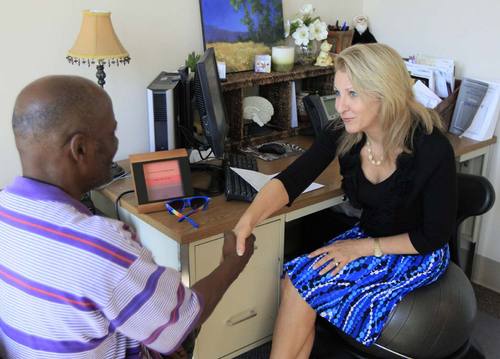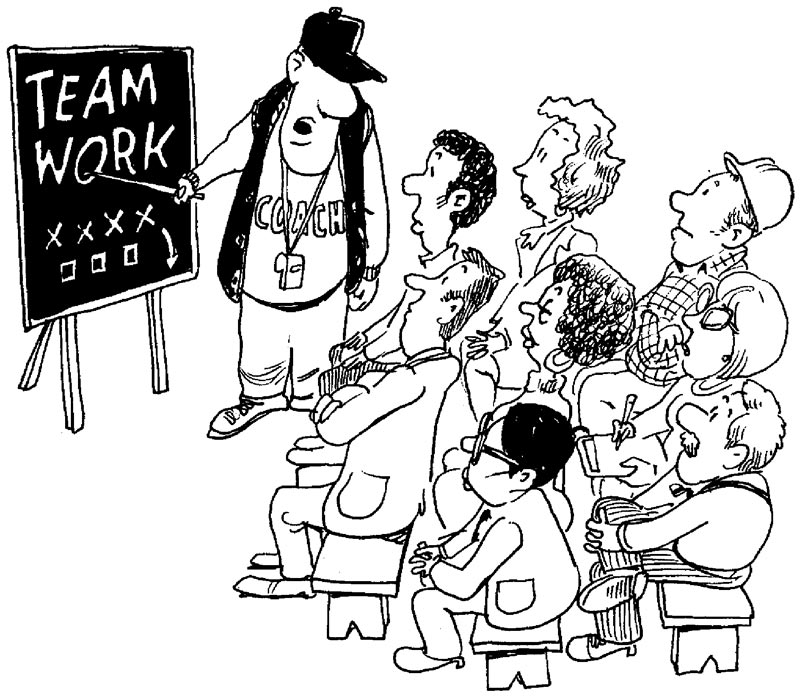
When I posted this blog in May 2010 there were an estimated 350,000 persons with mental illnesses, such as bipolar disorder and schizophrenia, in American jails and prisons. Incredibly, that number has nearly doubled now, with an estimated half million behind bars. The creation of Mental Health Courts, Intercept Programs, Jail Diversion and Re-Entry Programs has helped slow the tide, but our jails and prisons are still filling up with persons whose only real crime is that they became ill.
The first time I went into a prison as a reporter was in the mid- 1970s when I worked at the now closed Tulsa Tribune. The city editor, Windsor Ridenour, assigned me to cover a meeting at the Oklahoma State Penitentiary where the pardon and parole board was convening to decide who would remain behind bars and who would be freed.







